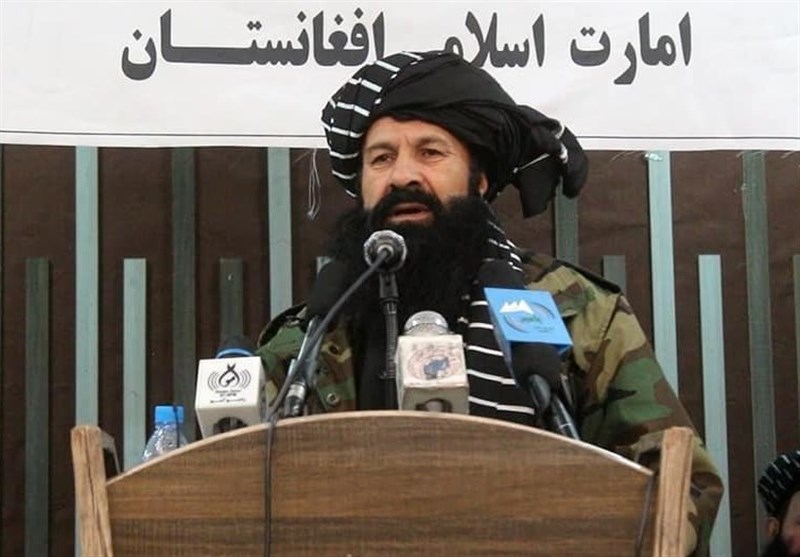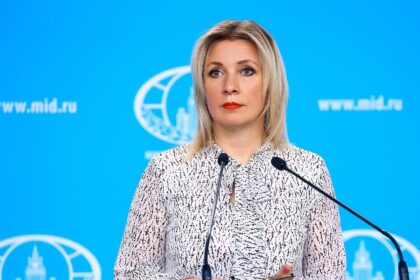RASC News Agency: It has been one month since the assassination of Khalil Haqqani, the Taliban’s Minister of Refugees, yet the group has not appointed a successor. Many analysts suggest that internal divisions between Mullah Hibatullah Akhundzada and the Haqqani network are behind the delay in selecting a new minister. Khalil Haqqani, a senior figure within the Haqqani network, was killed in a suicide attack in Kabul on Wednesday, December 11. ISIS claimed responsibility for the attack. Haqqani was regarded as one of the most influential Taliban ministers. During his tenure, he was often seen carrying a weapon, whether in official settings or at his office.
Khalil Haqqani was the uncle of the Taliban’s Interior Minister, who has yet to confirm or deny ISIS’s claim of responsibility for the assassination. Following the Taliban’s capture of Kabul, Haqqani was involved in a physical altercation with Mullah Baradar during a meeting about the formation of the new government. Bloomberg reported that Mullah Baradar, who sought to create a government that would be internationally acceptable, faced opposition from Khalil Haqqani, who, in a show of defiance, stood up and struck Baradar in the face.
In the wake of Haqqani’s assassination, critics within the Taliban’s Kandahar faction have accused the Haqqani network of orchestrating the killing. Mullah Hibatullah Akhundzada’s absence from Haqqani’s funeral has been interpreted as a sign of discord between the two factions. Following the murder of Khalil Haqqani, the Haqqani network named his son, Ahmad Haqqani, as his successor for “tribal duties.” Several members of the Taliban posted on social media that Ahmad Haqqani had taken his father’s place, in accordance with local customs in Paktia. However, the Taliban leadership has yet to announce who will be appointed as the new Minister for Refugees.






